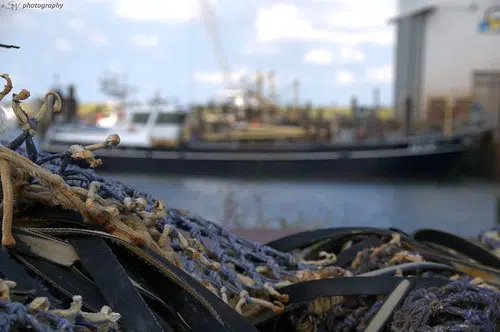Coastal Action who are a marine conservation organization announced this week that they will be working collabritively with multiple organizations to help clean up ghost fishing gear along Nova Scotia’s southwestern coast.
Ghost fishing gear is described as abandoned, lost, and discarded fishing gear that can be harmful to marine ecosystems.
Alexa Goodman is the projects coordinator and she says it’s success will be helped by the collabrative nature of the project, “Dalhousie University is one of our partners, as are many municipal governments, both the Goldwater and Brazil Rock Lobster Associations and the Clean Annapolis River Project.”
Before heading out Coastal Action will be working with fisherman and academics to help identify ghost fishing gear to be removed. This step is imperative to a succesful project according to Goodman, “A lot of this gear is on the ocean floor so without accurate information were essentially flying blind.”
The areas of focus will be LFAs 33, 34, and the Nova Scotia side of LFA 35.
The actual collection of the ghost gear will be done by fisherman, some of whom could be the same fisherman who earn a living on those waters.
In addition to the retrival portion of the project Coastal Action and it’s partners will also be working to prevent, reduce, and assess impacts of ghost gear around the province.
The project officially started this month and is expected to be completed by September 2021.
The Collaborative Remediation of Abandoned, Lost, and Discarded Fishing Gear (ALDFG) in Southwest Nova Scotia project is funded through Fisheries and Oceans Canada’s Sustainable Fisheries Solutions and Retrieval Support Contribution Program.
You can find out more about the project in Coastal Action’s release.









